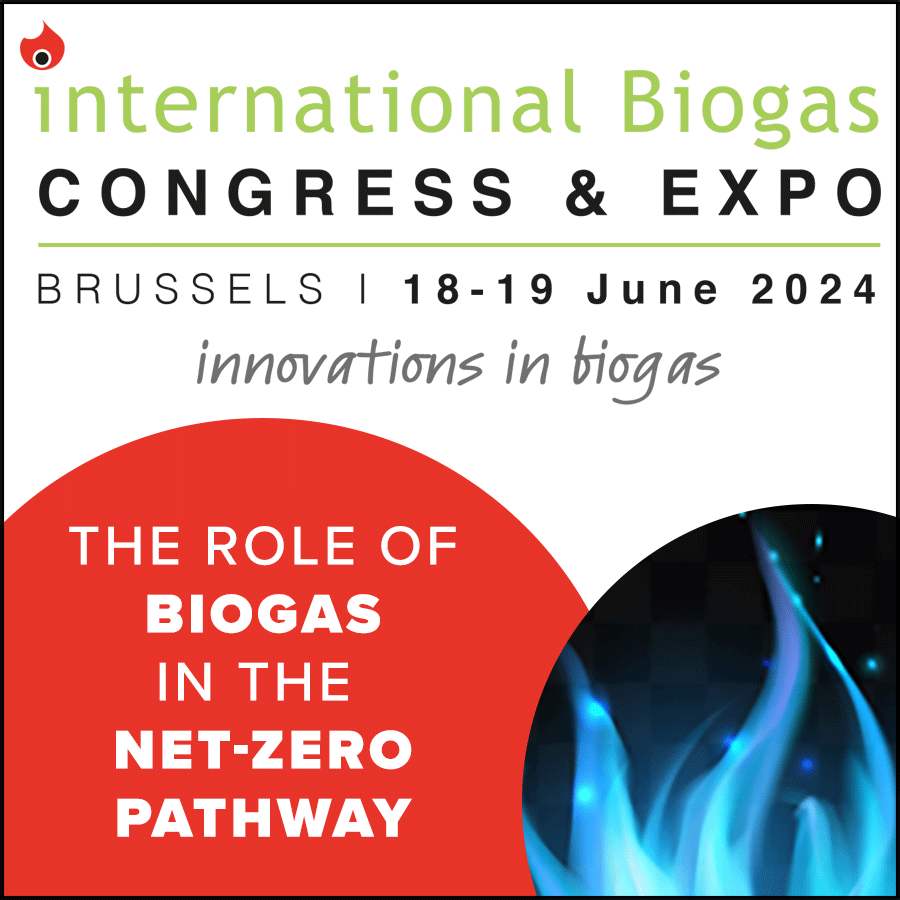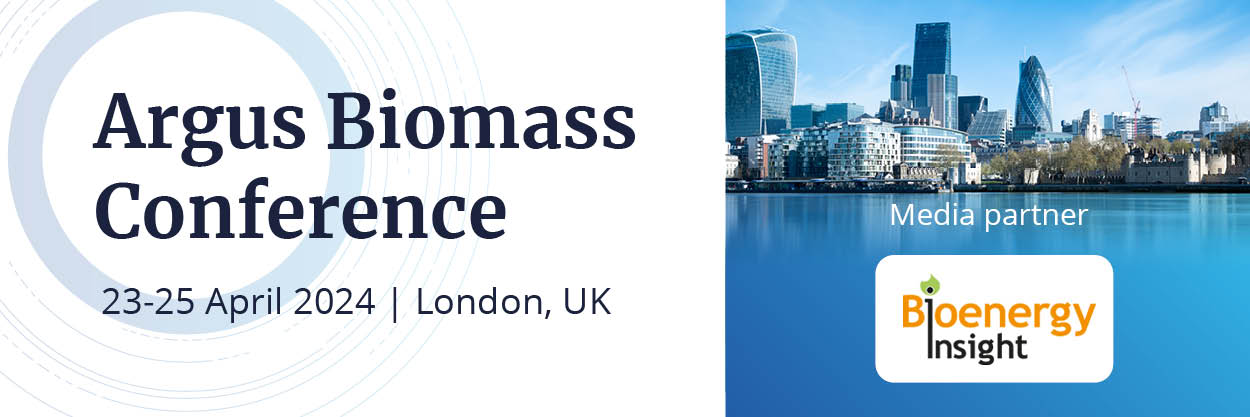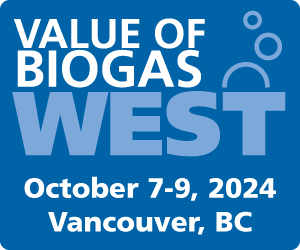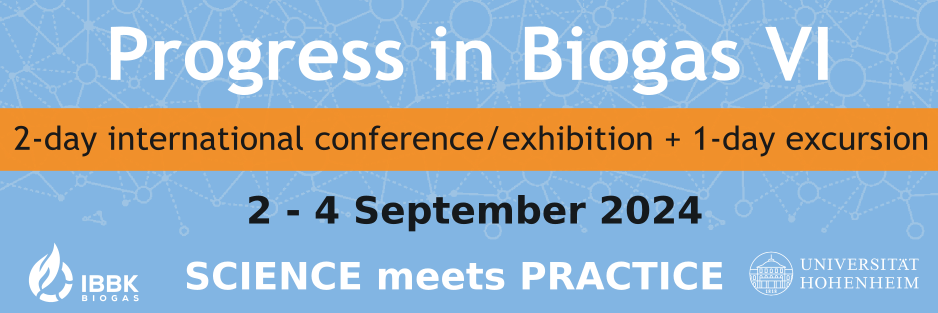Two US renewable energy firms help to transform pig manure into biogas
Two green companies, Abutec and Roeslein Alternative Energy, are teaming up with Smithfield Foods to convert gas from animal waste into renewable energy.
Roeslein's partner, food producer Smithfield, houses nearly two million pigs through nine facilities, and they produce enough manure to make 2.2 billion cubic feet of natural gas.
Renewable energy specialist Roeslein has a supplier/manufacturer relationship with environmental equipment manufacture Abutec. Abutec was selected as the flare supplier for this project.
According to the Roeslein Alternative Energy website, the companies are collaborating to convert this waste into renewable energy by trapping the biogas released from manure lagoons and storing it for a repurposed use — energy production.
Abutec designed a custom 1.5MW enclosed combustor for the project that will burn off the excess waste gas that is not converted to energy, assisting in continued operation and production.
The Abutec unit burns at a greater than 98% destruction and removal efficiency, according to the firm. Upon completion of the project, Abutec will ultimately manufacture 88 of these combustor units, one for each of their client's manure lagoons.
Roeslein selected Abutec's combustion technology to aid as a backup unit for their system. To customise the units for this project, Abutec had to consider the manure lagoons' Potential to Emit (PTE), possible corrosive contaminants within the gas composition and the functionality of its combustors with the Roeslein system.
"We were honored to be chosen as the flare supplier for Roeslein's innovative project," said Andy Smith, Abutec President and CEO. "Environmental sustainability is at the forefront of this project and aligns with Abutec's commitment to the reduction of harmful emissions."
According to Roeslein, it challenged Abutec to overcome the obstacles the company faced with previous flare designs they had employed, namely reliable ignition, continuous confirmation of combustion and highly efficient combustion to ensure no hydrocarbons were venting freely into the atmosphere.
Roeslein will earn carbon credits for the reduction of the biogas emissions. A carbon credit, or carbon offset, is a form of compensation that represents one tonne of carbon dioxide removed or reduced from the atmosphere by an emission reduction project.
























